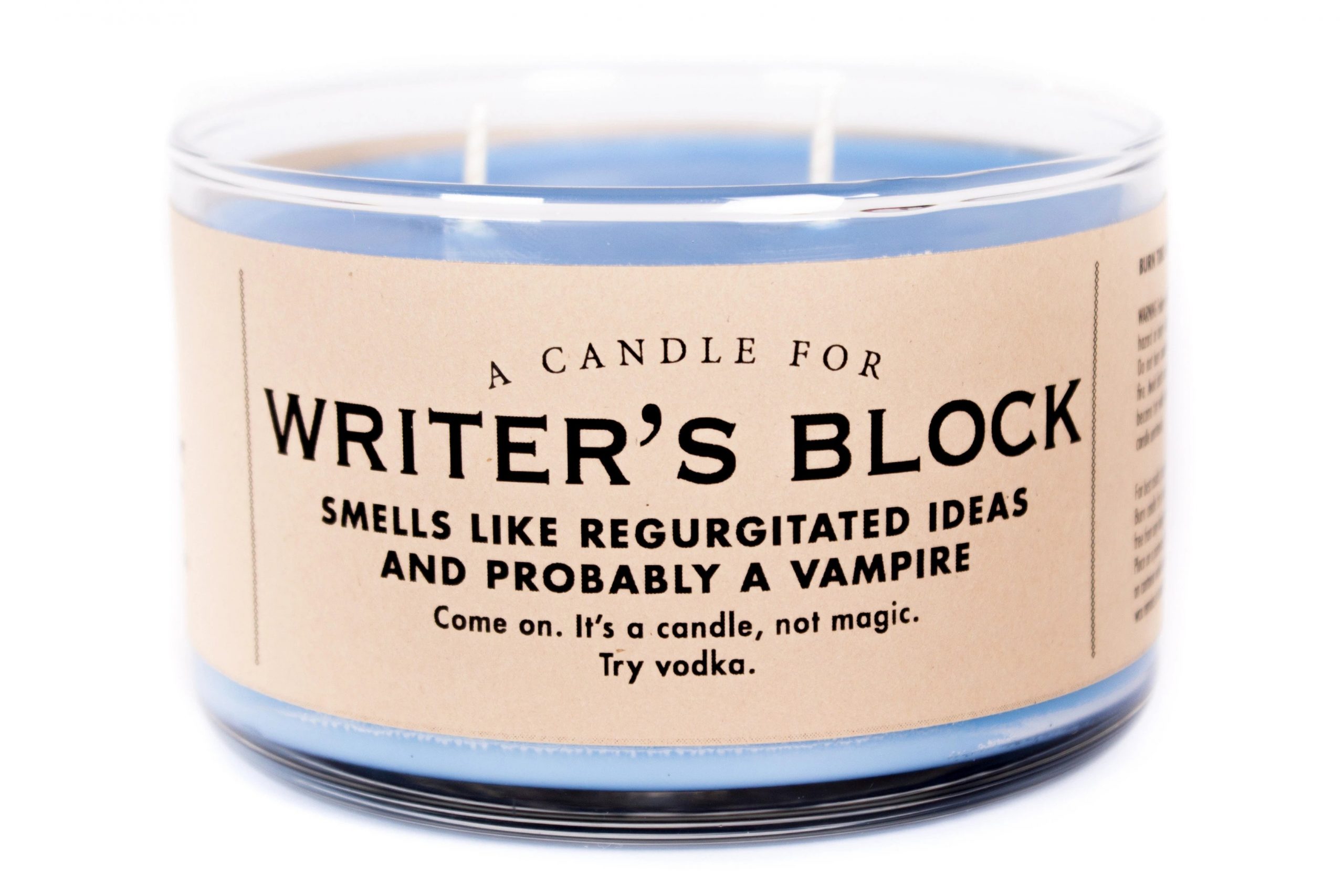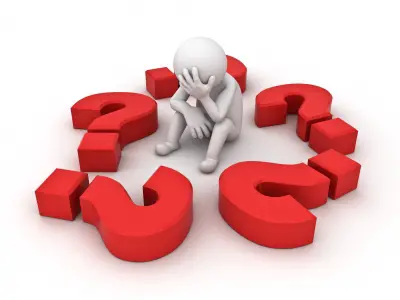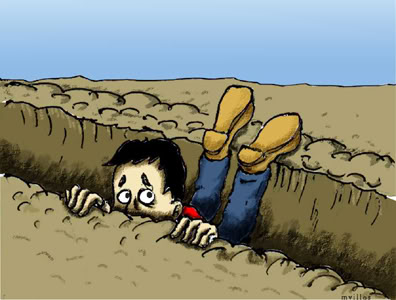writers block
-
Writing Tips: Don’t Make a Big Thing Out of Writer’s Block
You know that feeling. You check your word count and you still…
-
Where to Find Inspiration When You Have Writer’s Block
You’re all set to write the guest post that’s going to bring…
-
Are you Battling with Writer’s Block? Practical Ways to Find Fresh Ideas
As much as we would like to think that our personal creative…
-
The Writer Emergency Pack Will Bail You Out When You Get Stuck
Just like zombiecalypse (or apocalypse) believers have a survival pack ready and…
-
Why You Should Write Even If You Don’t Feel Like Writing
You’re probably thinking, “Sure, been there; done that. I didn’t even bother…
-
What Do You Do When You’re in a Rut?
We’ve read more than enough articles and quotes about that thing called…
-
When Writer’s Block Hits and Brute Force Just Doesn’t Cut It
I’ve always been one of those who believe in brute force when…
-
Meditation and Writing: How to Open Your Mind and Enhance Your Creativity
Writing is a unique career choice. There can be many peaks and…
-
Help! I’m stuck on my lead!
The lead (lede). It’s an essential part of an article. It’s the…




